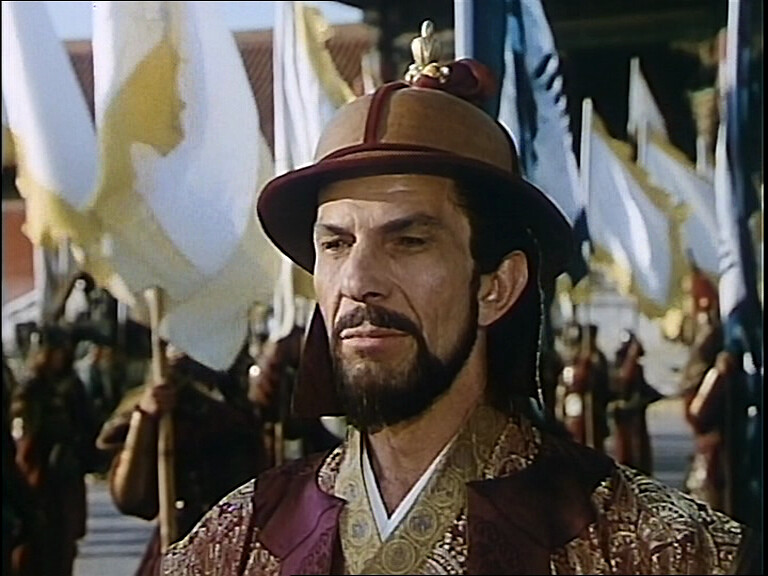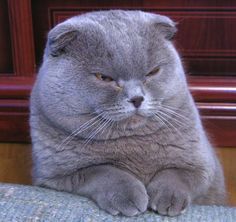You seem to misunderstand my words upon one point. I was saying that in drama, whether in Japan or England, it began being very exclusive with acting so only men played the roles, but they relented and let women play roles.
I haven't misunderstood anything you said. I am well aware that in the past it was considered either scandalous or even, in some places, unlawful for women to act on the stage. Certainly in ancient Rome, it was considered scandalous for the aristocracy to perform on stage, as Caligula and Nero did, and any women who performed in public were given about the same, or less respect, than common prostitutes.
Obviously Shakespeare is enhanced by women playing those parts. In fact, I think the people who play Romeo and Juliet are often too old. But back to point, it would be weird for say for a Japanese young male actor to play Romeo (unless it's a university production where there are limits on the number of actors).
If you're going for authentic Shakespeare, yes. Romeo was Italian, not Japanese. But if it's an adaptation that twists the story a bit, then I don't see as much of an issue. Romeo and Juliet were neither Polish nor Puerto Rican, yet that didn't stop
West Side Story from being a terrific musical adaptation. And yeah, I'm aware that Natalie Wood, who played Maria, was not Puerto Rican.
Yeah, it's rather dated to put someone in who is of white European ancestry to play a Sikh, isn't it?
Not sure if that's a dig at Ricardo Montalban or Benedict Cumberbatch. Personally, I would have preferred Naveen Andrews as Khan (in the nuTrek movie, if they just had to use Khan; the story would have worked better if it had been one of Khan's followers to avoid the whole "this is just a Wrath of Khan ripoff" problem). I've seen him in various movies and TV shows, and think he could have done justice to the role.
I wonder how Nimoy made it financially all of these years since he was so typecast. He did play on another tv serial: Mission Impossible. I think it was produced by Desilu the same studio that was involved in Star Trek.
You don't think Nimoy realized that he had to hustle for other acting jobs and whatever else he could do after Star Trek was canceled? Yes, he was in Mission: Impossible. I never saw any of that show, but may look it up at some point. I saw In Search Of... while it was originally aired, and plenty of other things Leonard Nimoy did, whether it was a movie or guest role on TV (ie.
Invasion of the Body Snatchers,
Columbo,
T.J. Hooker, etc.).
Nimoy was also a writer, director, photographer, he appeared on stage in various plays, and he was paid for his Star Trek convention appearances. Actors charge for autographs. While the residuals weren't great for Star Trek (back then, who knew how things would turn out?), he did eventually negotiate better contracts with the studios and other entities that owned various pieces of Star Trek with which he was involved. And he would have received some compensation for the many items of licensed Star Trek memorabilia that used his likeness.
So while he may have had some lean years (I have no idea, since he never wrote such personal and revealing autobiographies as Shatner has), overall he did fairly well for himself.




